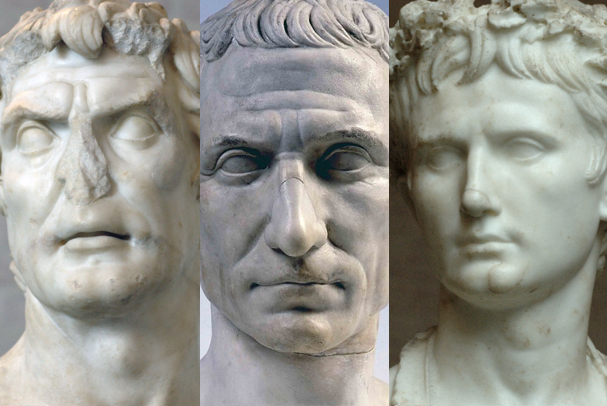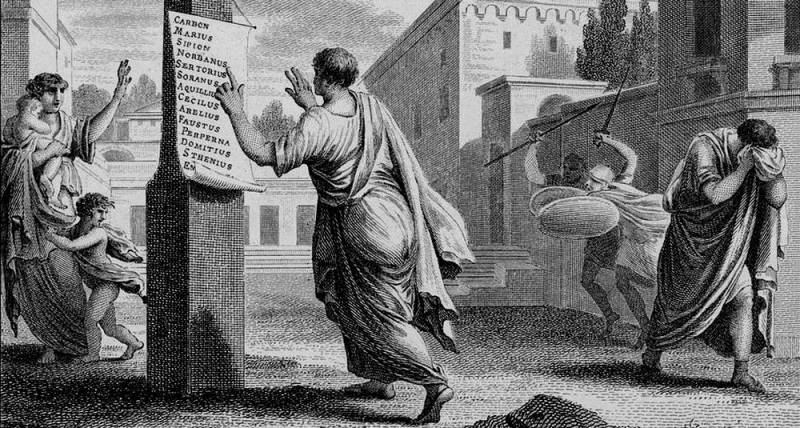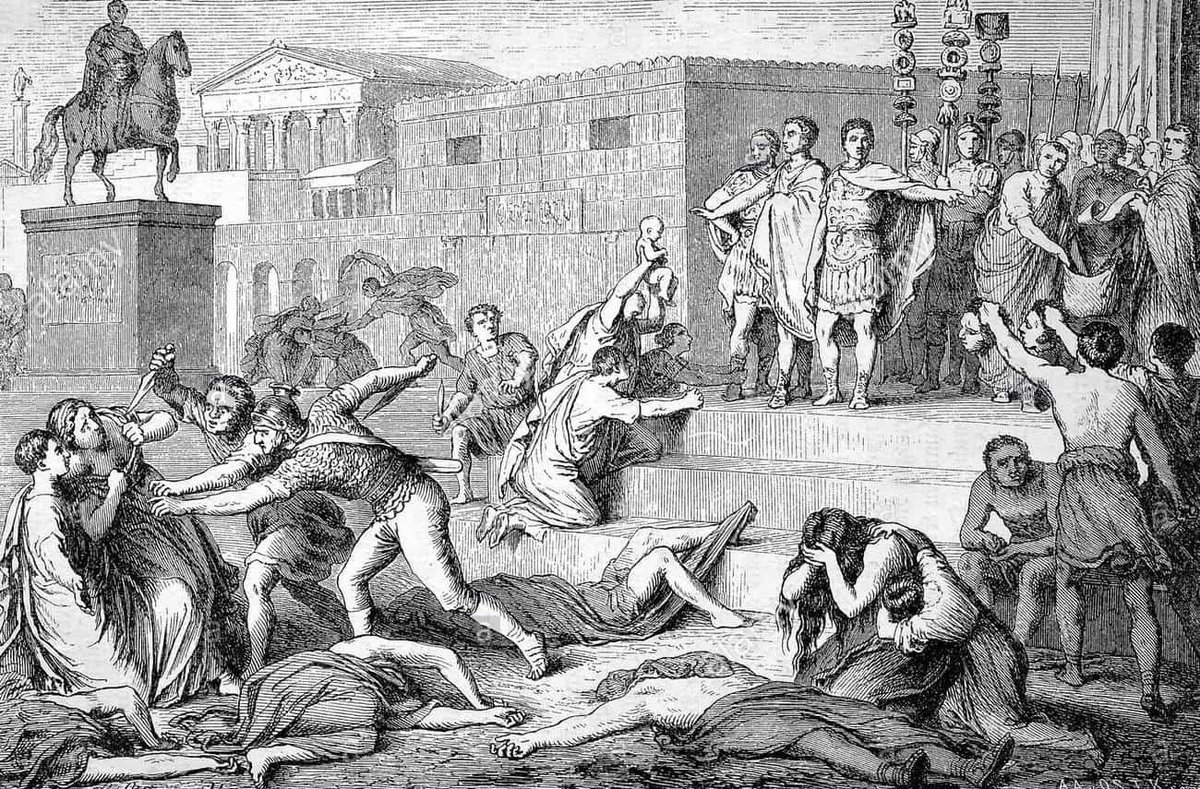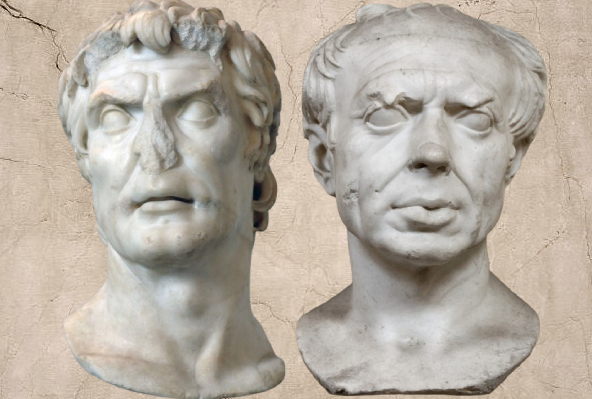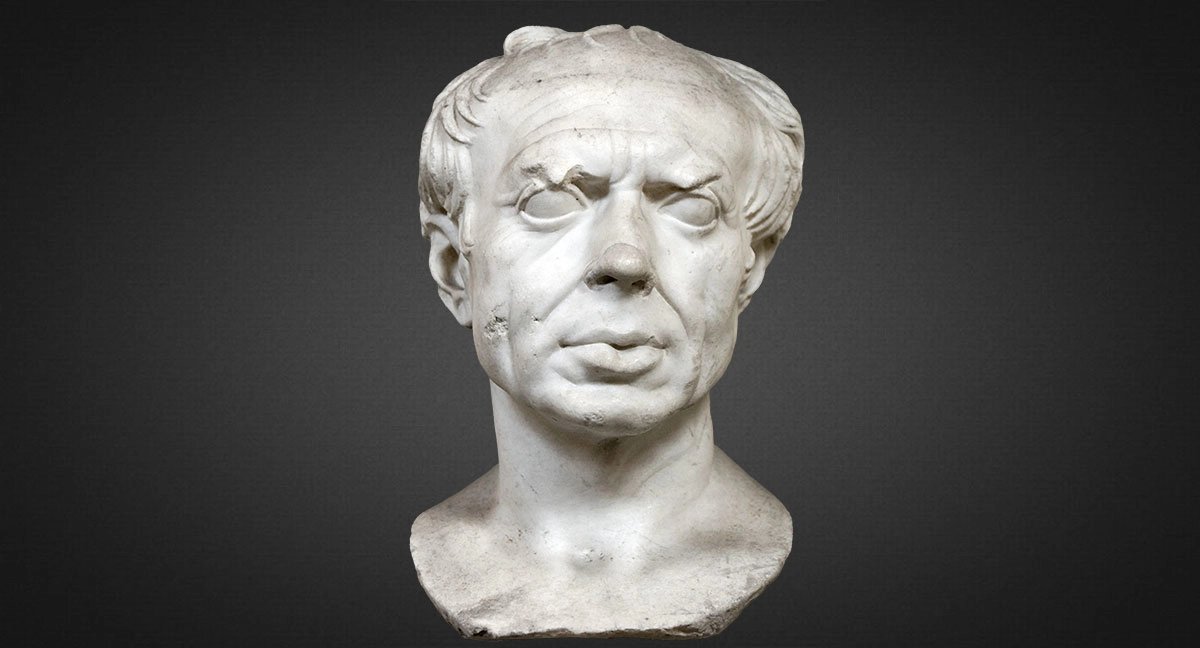The Art of Negotiating — For IT Professionals
We are all negotiators.
All day, every day, we are in the midst of negotiations — whether we know it or not.
As IT Professionals, we are no different.
Some tips on improving your negotiating skills.
/Thread 👇👇👇
We are all negotiators.
All day, every day, we are in the midst of negotiations — whether we know it or not.
As IT Professionals, we are no different.
Some tips on improving your negotiating skills.
/Thread 👇👇👇
In IT, we have our own unique set of negotiation partners: vendors, co-workers, employees, and employers.
With so much time spent in negotiation, it is well worth our time to learn the principles behind negotiation, and how to become better negotiators.
Here are a few tips.
With so much time spent in negotiation, it is well worth our time to learn the principles behind negotiation, and how to become better negotiators.
Here are a few tips.
Separate People from the Problem
At the beginning of each negotiation, remind yourself that these are real people you are negotiating with.
They are not much different from you. They deserve your respect and empathy, the same as you deserve theirs.
At the beginning of each negotiation, remind yourself that these are real people you are negotiating with.
They are not much different from you. They deserve your respect and empathy, the same as you deserve theirs.
Put Yourself in Their Shoes
You have your goals for the negotiation, so does the other party.
Take time to clearly understand not only WHAT they are trying to achieve, but WHY they are trying to achieve it.
You have your goals for the negotiation, so does the other party.
Take time to clearly understand not only WHAT they are trying to achieve, but WHY they are trying to achieve it.
Don’t Deduce Their Intentions From Your Fears
The intentions of the other party depend on the prism from which they are viewed. If you are fearful of what might happen, then you are viewing negotiations with the eyes of fear.
The intentions of the other party depend on the prism from which they are viewed. If you are fearful of what might happen, then you are viewing negotiations with the eyes of fear.
Anticipate the Potential for Conflict
Some negotiations are quick and painless.
Other negotiations run at a deeper level with higher stakes, and conflict may arise. The goal of a negotiation cannot be to eliminate conflict. Conflict is an inevitable -and useful-part of life.
Some negotiations are quick and painless.
Other negotiations run at a deeper level with higher stakes, and conflict may arise. The goal of a negotiation cannot be to eliminate conflict. Conflict is an inevitable -and useful-part of life.
Be Prepared to Walk Away
In any negotiation, you must put yourself in a position where you can walk away if you are not satisfied with a proposed agreement, or if the other party gives you a “take it or leave it” offer you prefer to leave.
In any negotiation, you must put yourself in a position where you can walk away if you are not satisfied with a proposed agreement, or if the other party gives you a “take it or leave it” offer you prefer to leave.
Take The High Road
In the end your integrity is more important than winning a negotiation (except in the most desperate of cases).
Keep the Golden Rule in mind as you negotiate:
“Negotiate with others as you would have them negotiate unto you.”
In the end your integrity is more important than winning a negotiation (except in the most desperate of cases).
Keep the Golden Rule in mind as you negotiate:
“Negotiate with others as you would have them negotiate unto you.”
This thread was inspired by the excellent book: Getting to Yes, by Roger Fisher and William Ury.
Read my entire blog post "The Art of Negotiating for IT Professionals" here:
michaeldmcgill.com/2020/07/20/the…
Read my entire blog post "The Art of Negotiating for IT Professionals" here:
michaeldmcgill.com/2020/07/20/the…
• • •
Missing some Tweet in this thread? You can try to
force a refresh


